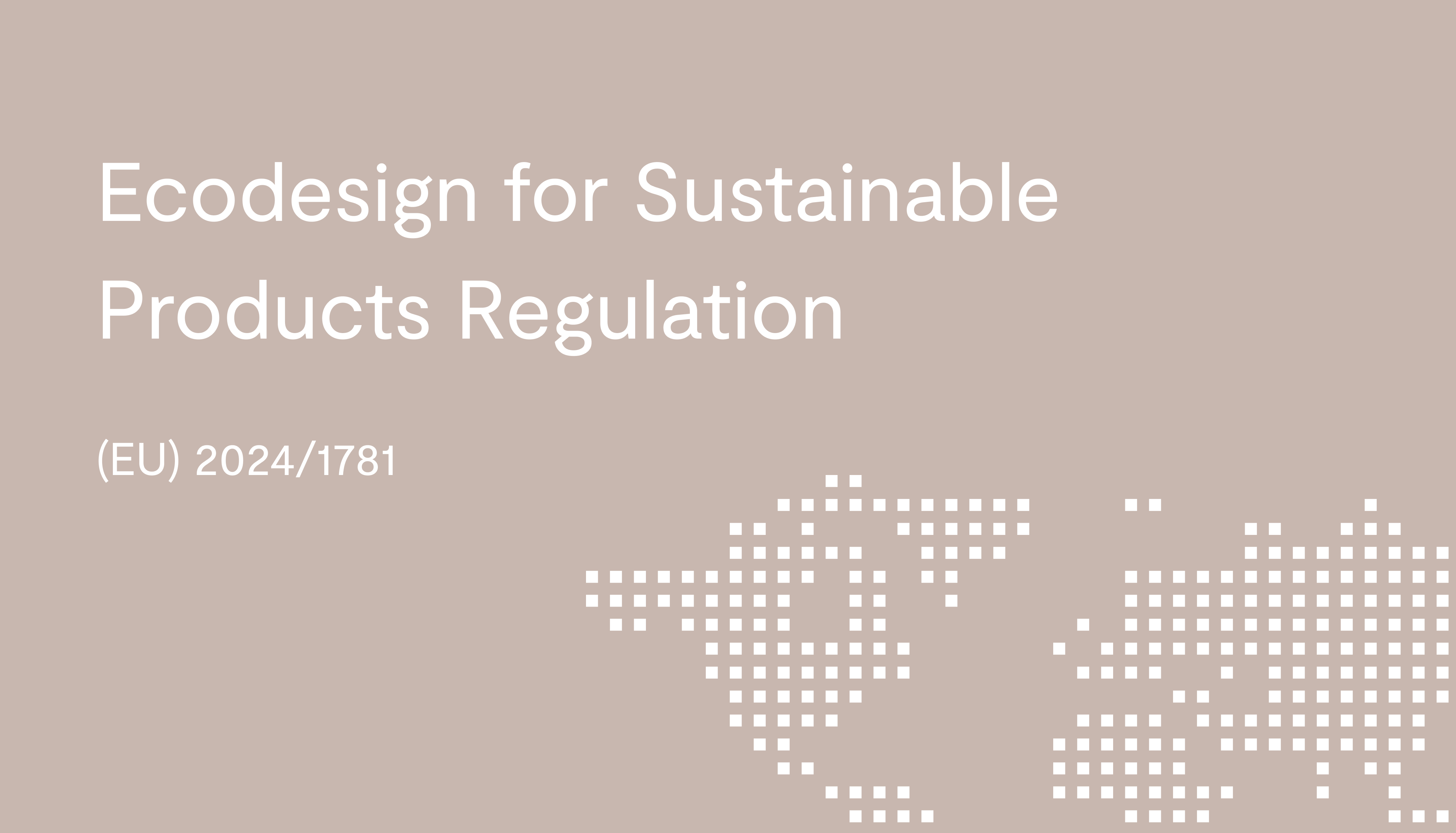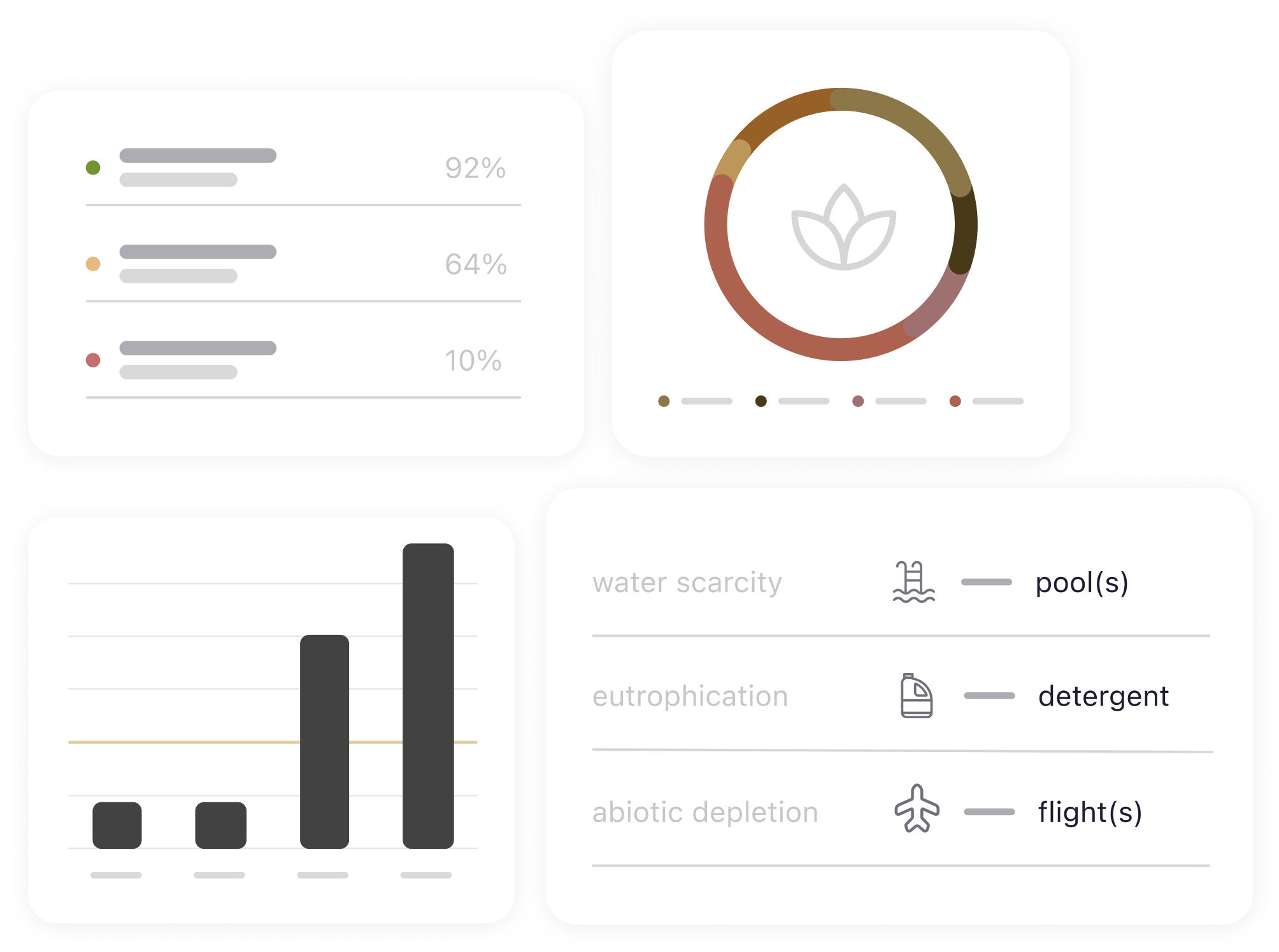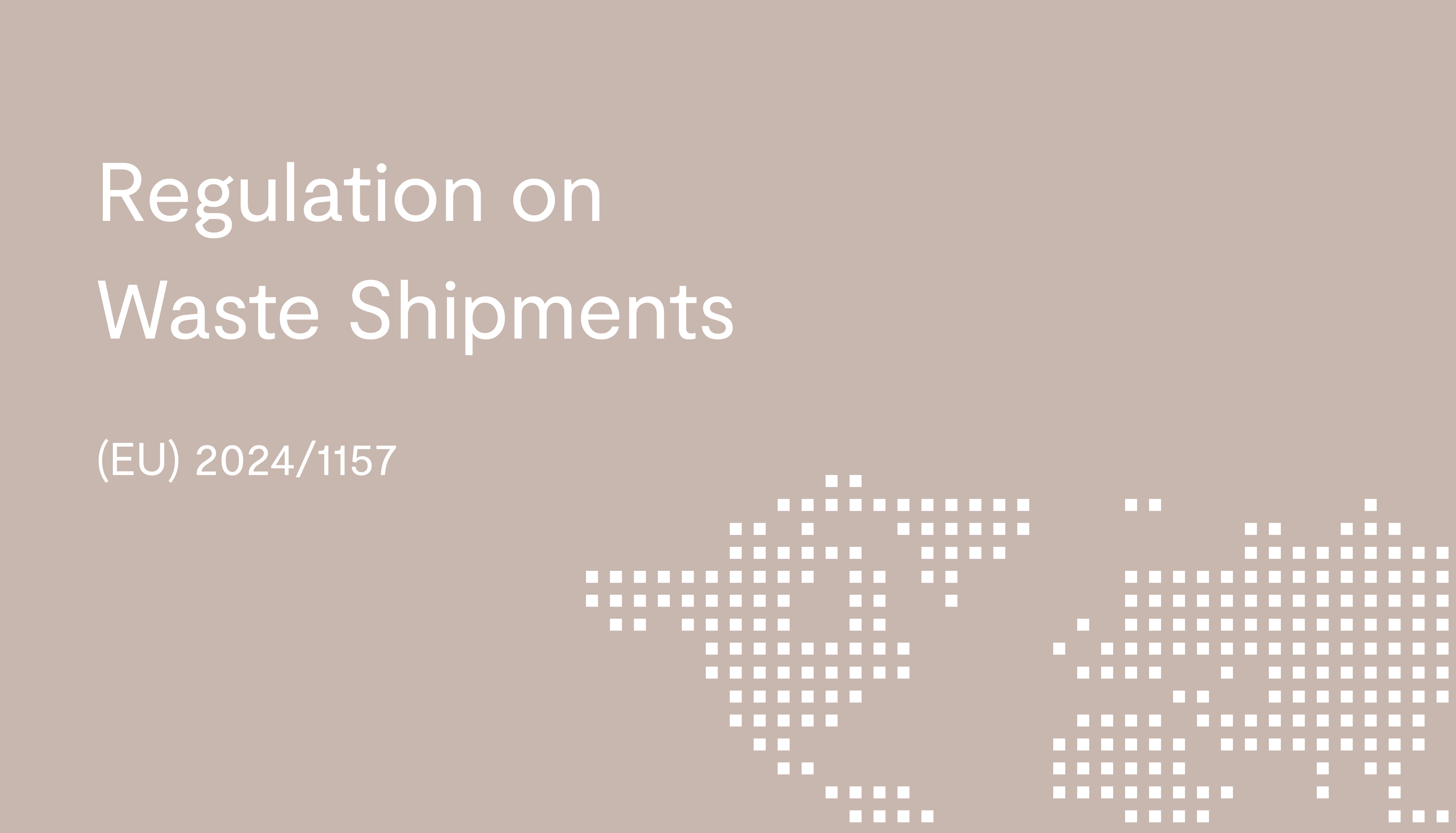It’s estimated that over 80% of all product-related environmental impacts are defined during the design phase
European Commission
How do you guarantee that the design of your items has minimal environmental impact?
Requirements introduced by legislation
The proposal for a new Ecodesign for Sustainable Products Regulation outline several initiatives that could impact the fashion industry:
- Establishment of a common methodology for environmental impact assessment.
- Development and promotion of sustainable materials.
- Implementation of extended producer responsibility schemes for textiles.
Who must comply
All actors in the textiles value chain, including manufacturers, importers, and retailers of textiles and clothing within the European Union.
Key law specifications
- Minimization of waste and use of resources for as long as possible.
- Consumer awareness and education to promote sustainable consumption of textiles.
- Introduction of Digital Product Passport as a tool to promote transparency and accountability in the textiles value chain.
Penalties for non-compliance
- Member States will establish effective, proportionate, and dissuasive penalties, taking into account the level of non-compliance and the quantity of non-compliant products in the Union market.
- Member States must notify the Commission of penalty provisions within one year of the Regulation’s application date and promptly report any subsequent amendments to these provisions.
- The penalties outlined in the Regulation are expected to be implemented by Member States, emphasizing the importance of enforcement measures to uphold regulatory compliance.
Take action with BCome
- Assess your choices’ impact with our Stages Comparator before production.
- Discover your impacts at each stage of the supply chain in just 7 days after completing traceability.
- Automatically share your sustainability insights with your customers using labeling and e-commerce integration.
Timeline for its entry into force and compliance
July 2026
Application of the regulation
The ecodesign regulation will apply from 24 months after the entry into force.
July 2024
ESPR enters into force
The Ecodesign for Sustainable Products Regulation enters into force on 18 July 2024.
May 2024
Text adopted by the Council
Council gives its final approval to the ecodesign regulation.
April 2024
Text adopted by the Parliament
The European Parliament adopts the revised ecodesign framework.
December 2023
Provisional agreement on the ESPR
Provisional agreement reached between the European Parliament and the Council for more sustainable, repairable and circular products.
January – May 2023
Open public consultation
The Commission sought views on the categories of new products and measures to address first, so that it could set priorities transparently.
March 2022
Adoption of the proposal by the European Commission
The European Commission proposed the ESPR as part of the Commission’s Circular Economy Action Plan under the European Green Deal.








